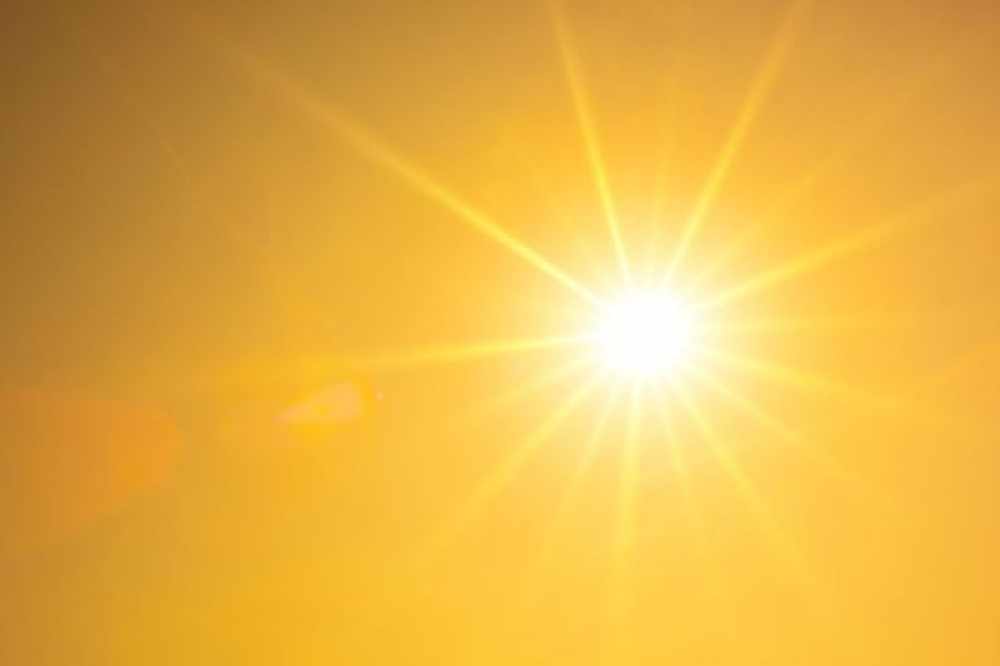
A yellow high temperature warning is in place.
Temperatures could hit highs of 29 degrees in some parts of the country today.
A yellow high temperature warning will take effect in the midlands and East at midday until 6am tomorrow.
Met Eireann issued the alert for Laois, Offaly, Westmeath, Dublin, Carlow, Kildare, Kilkenny, Longford, Louth, Meath, Cavan, Monaghan, Roscommon, and Tipperary which will be in effect until 6a.m. tomorrow.
Temperatures are expected to soar above 27 degrees in affected areas, with a risk of heat stress, forest fires and water safety issues.
It comes as the Department of Agriculture has a Red Extreme Fire risk in place for forest and gorse fires until Monday.
Owner of Whelehans Pharmacy Mullingar, Eamonn Brady says it's important to protect yourself from sunburn by applying suncream regularly:
The HSE is also advising people to take care during the yellow weather warning.
Dr Ina Kelly, Consultant in Public Health Medicine for Environment and Health, HSE said, “In times of high temperatures, health issues can occur, including dehydration, heat exhaustion and heat stroke. Unfortunately, we can also see increased risk of death, especially in older people, young children, and vulnerable groups. To protect yourselves and others at risk, it is recommended to keep yourself and your environment cool throughout the day. Keep air flow circulating through buildings wherever possible, keep out of the sun especially during peak temperature hours in the afternoon, and stay hydrated.”
Tips to keep cool
- Minimise indoor heat – turn off unnecessary heating and appliances, shade windows 11am - 3pm
- Keep windows closed during the day and open at night if cooler outside (ensuring security)
- Increase air flow through buildings wherever possible – electric fans can be used with caution, but may not be safe for higher temperatures
- Evaporative cooling – dampening your skin may help keep you cool.
Stay hydrated
Ensure you have enough water to drink – adults need approximately 2 litres of water over 24 hours (if exercising more may be needed). This may be less for children or those with medical conditions.
- Drink more fluids when you feel any dehydration symptoms. Talk to your pharmacist about how to use oral rehydration sachets safely
- Drink enough during the day so your urine is a pale clear colour
- Make sure that your child drinks enough fluids every day. This is especially important if your child is under 5 or is sick. Further guidance on fluid intake for babies and children is available on the HSE website.
For carers – Helping someone you care for
The person you are caring for may not have a sense of how much they're drinking. To assist them:
- ensure they drink during mealtimes
- make drinking a social thing, like "having a cup of tea"
- offer food with a high water content – for example, ice cream or jellies, or fruits like melon.
Heat exhaustion and heat stroke
Heat exhaustion is not usually serious if you can cool down within 30 minutes. If it turns into heatstroke, it needs to be treated as an emergency. Anyone can get heatstroke or heat exhaustion. But keep an eye on children, older people and people with long-term health conditions like heart problems or diabetes. They're more at risk of heat exhaustion or heat stroke.
If someone has heat exhaustion:
- move them to a cool place
- remove all unnecessary clothing like a jacket or socks
- get them to drink plenty of water or a sports or rehydration drink
- cool their skin – spray or sponge them with cool water and fan them. Cold packs around the armpits or neck are good too
- stay with them until they're better.
They should start to cool down and feel better within 30 minutes.
When to get medical help
Contact your GP or your nearest emergency department if you or someone you care for is unwell and especially if showing signs of dehydration.


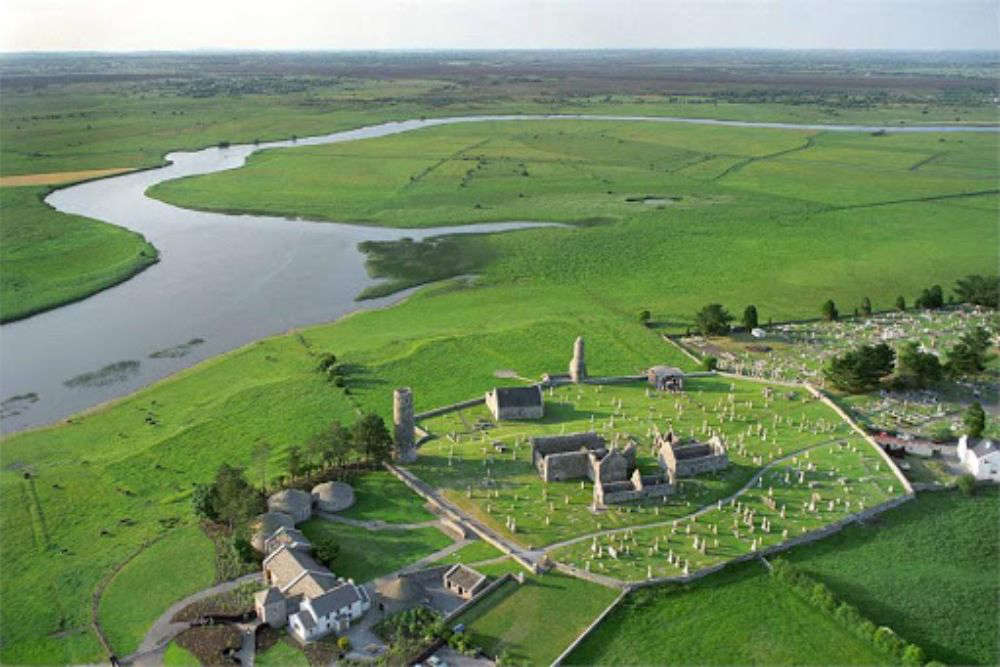 "The Right Action In The Wrong Location" - Action Group Campaigning Against Midlands Windfarm
"The Right Action In The Wrong Location" - Action Group Campaigning Against Midlands Windfarm
 Deadline For Observations on Westmeath Community Centre Tomorrow
Deadline For Observations on Westmeath Community Centre Tomorrow
 Laois County Council Launch Youth Theatre Pilot Proposals
Laois County Council Launch Youth Theatre Pilot Proposals
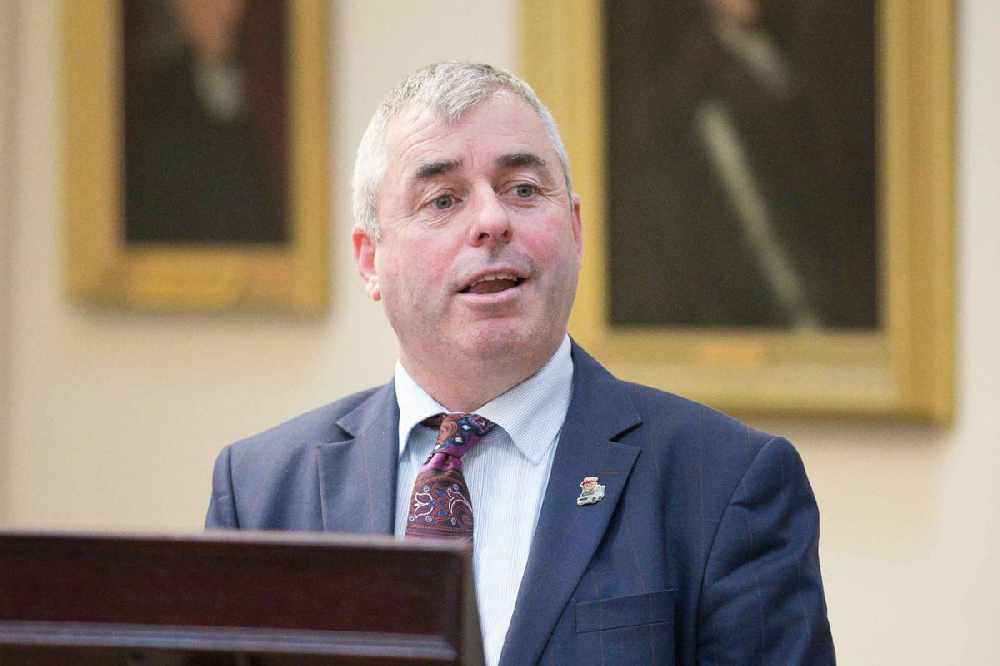 OPW Minister To Visit Waterford In March After Flooding
OPW Minister To Visit Waterford In March After Flooding
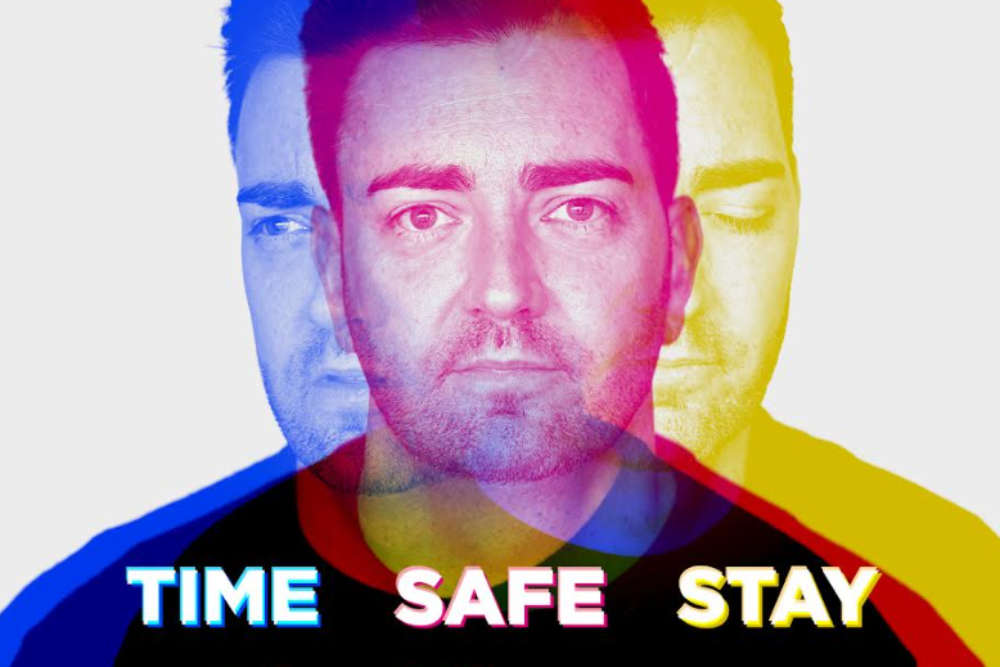 Epilepsy Day Highlighting Condition Prevalence In The Midlands
Epilepsy Day Highlighting Condition Prevalence In The Midlands
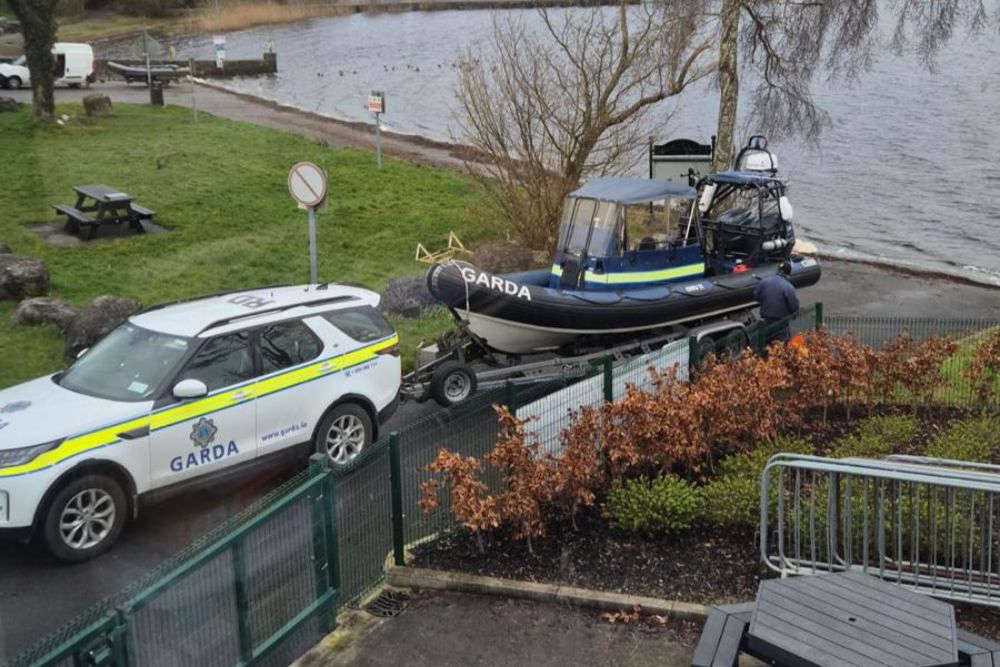 State Pathologist Reviews Ancient Human Remains Found In Westmeath
State Pathologist Reviews Ancient Human Remains Found In Westmeath
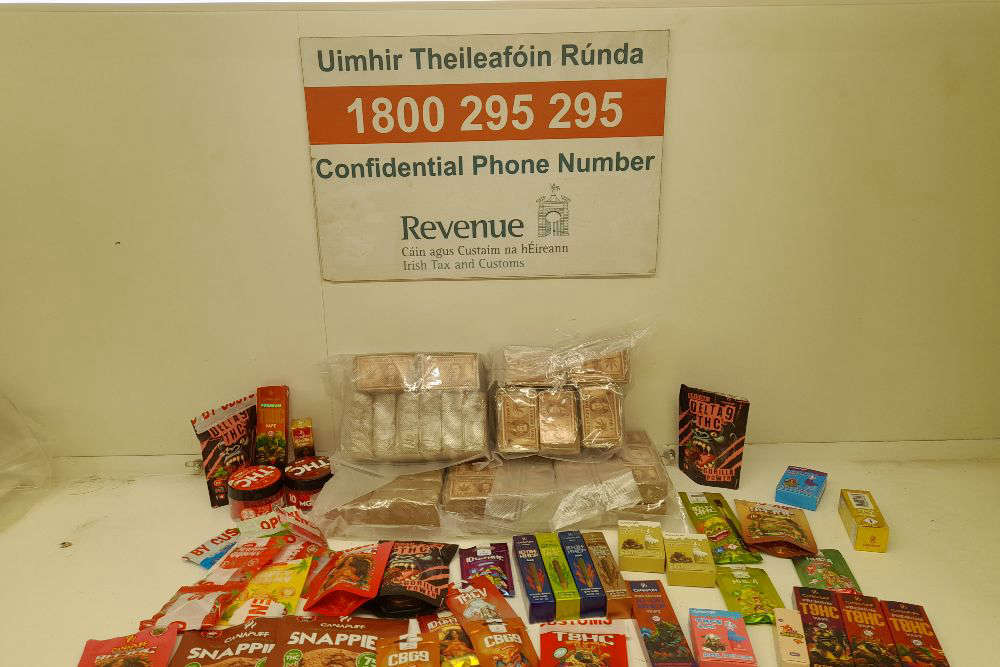 Revenue Seizes Over €105k In Midlands, Kilkenny, Dublin And Rosslare
Revenue Seizes Over €105k In Midlands, Kilkenny, Dublin And Rosslare
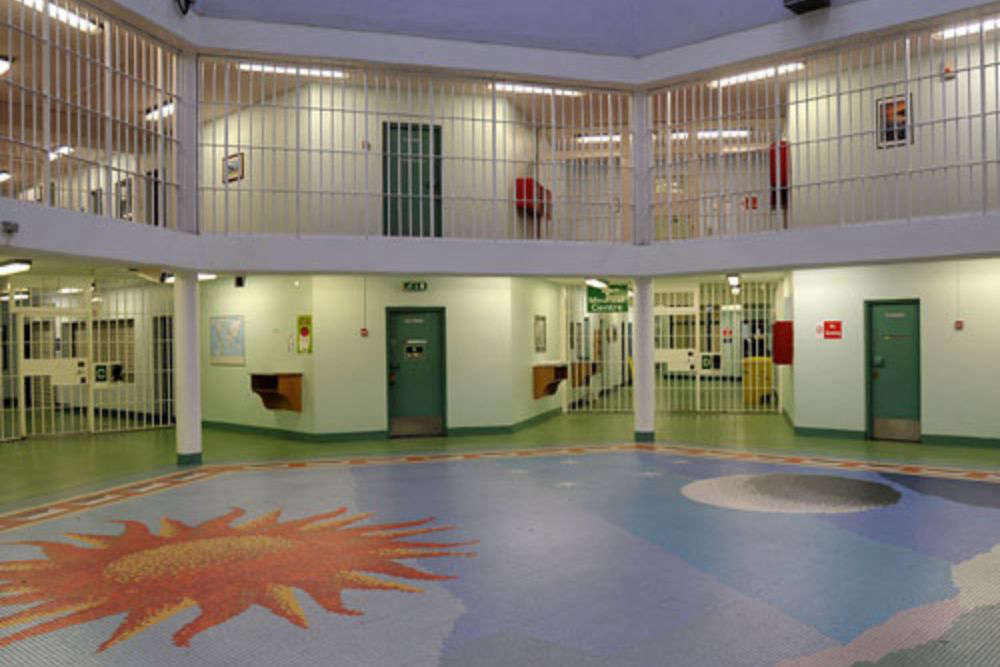 Family of Offaly Father Seek Publication Of Report Into Death
Family of Offaly Father Seek Publication Of Report Into Death
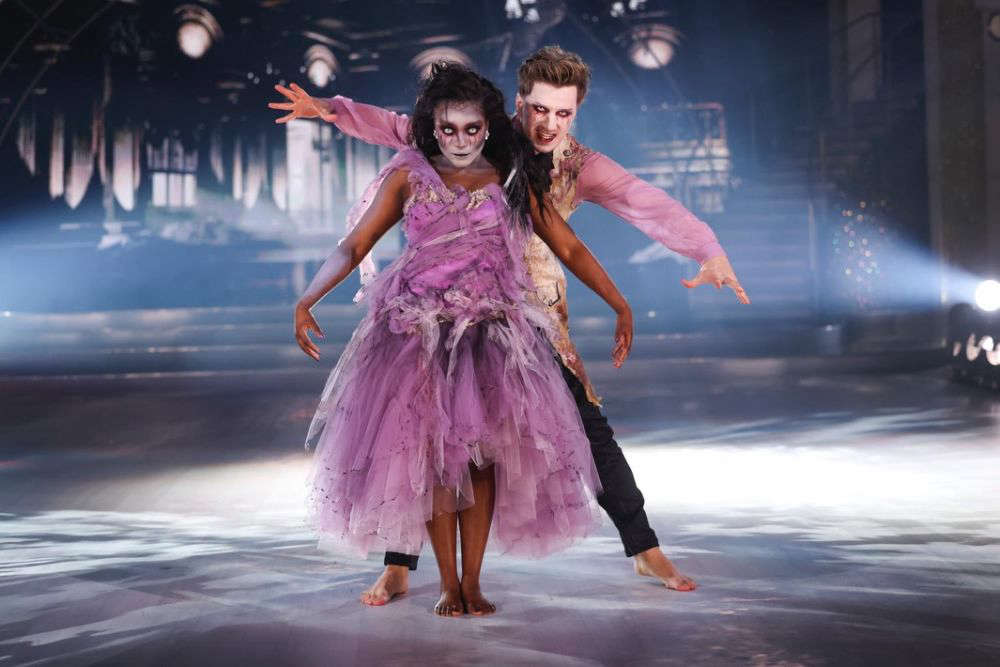 Midlands Stars Survive Fright Night Under The Glitter Ball
Midlands Stars Survive Fright Night Under The Glitter Ball
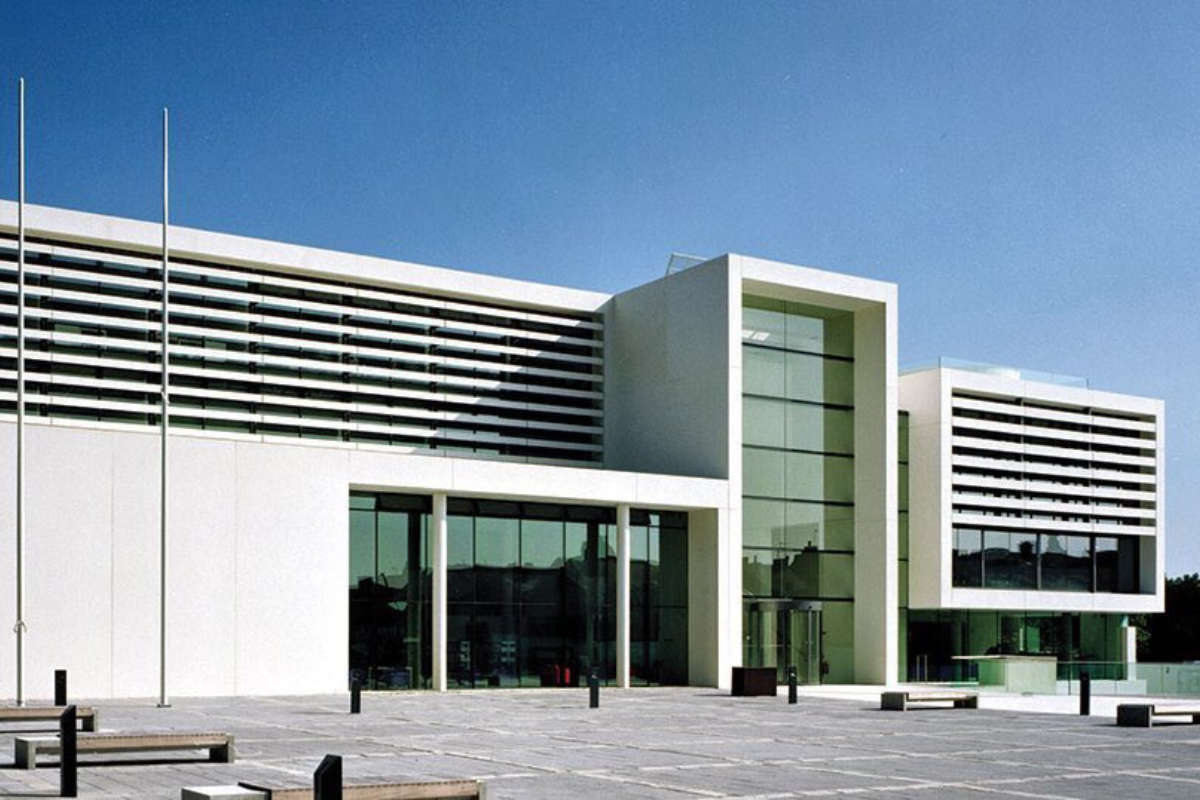 Westmeath Library Reopening
Westmeath Library Reopening
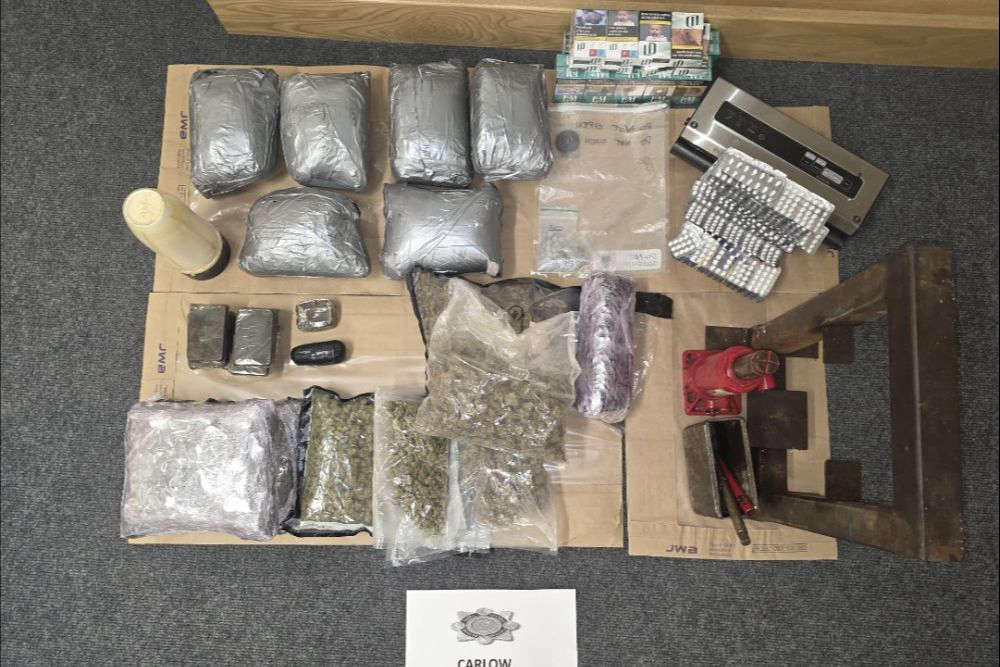 Gardaí Make €1.7m Midlands Drug Seizure
Gardaí Make €1.7m Midlands Drug Seizure
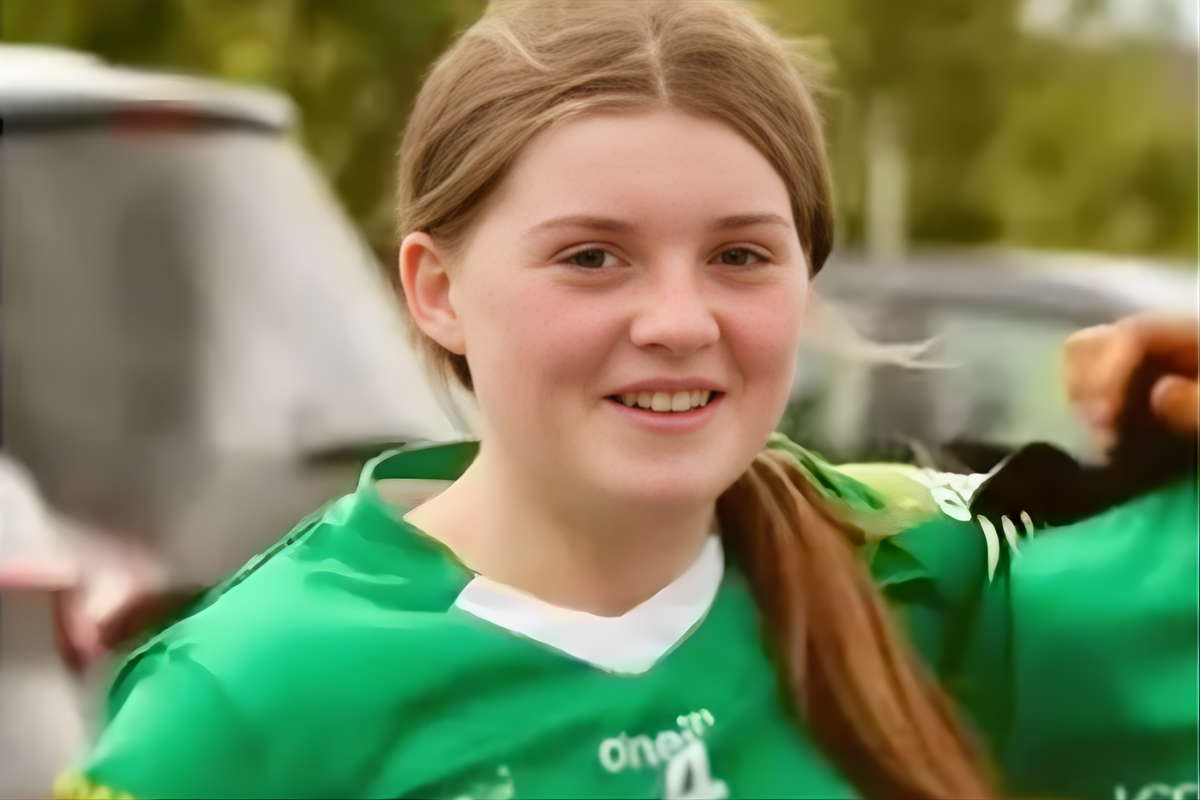 Over €150k Raised For Offaly Teen's Recovery
Over €150k Raised For Offaly Teen's Recovery
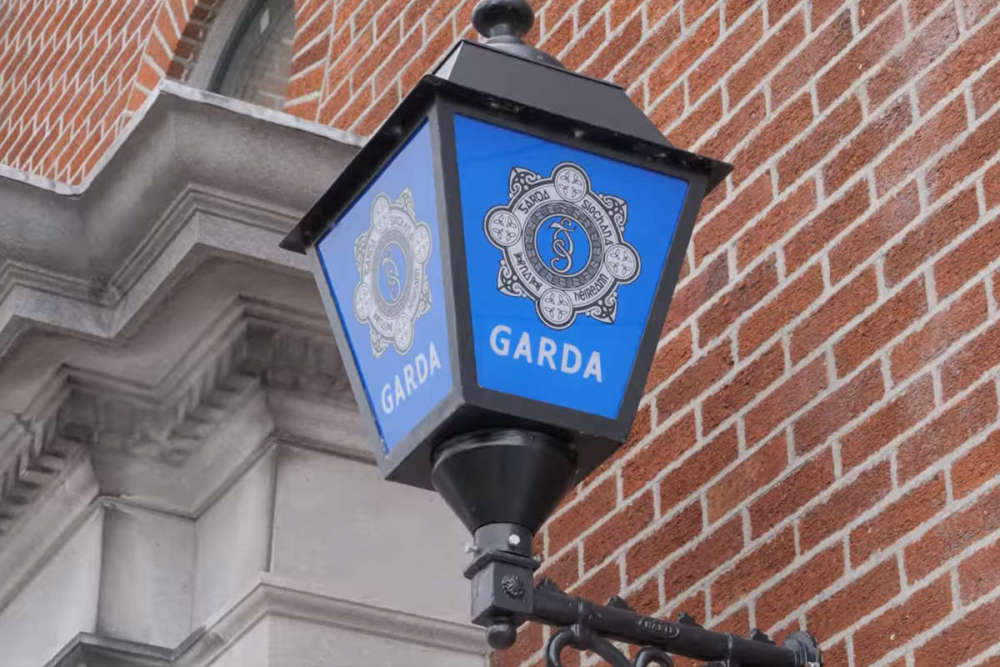 Two Men Arrested Following Guns And Ammunition Seizure In Midlands
Two Men Arrested Following Guns And Ammunition Seizure In Midlands
 Rossie To Aussie Nurse Arrives Down Under For Fundraiser
Rossie To Aussie Nurse Arrives Down Under For Fundraiser
 Laois IFA Hold AGM To Demand Bord Bia Chair’s Resignation
Laois IFA Hold AGM To Demand Bord Bia Chair’s Resignation
 Westmeath Man Pleads Guilty To Attacking Ex-Girlfriend's Car
Westmeath Man Pleads Guilty To Attacking Ex-Girlfriend's Car
 Legal Aid Costs For International Protection Cases Jumps 429% Since 2020
Legal Aid Costs For International Protection Cases Jumps 429% Since 2020
 Love Luck Varies Across The Midlands This Valentine’s Day
Love Luck Varies Across The Midlands This Valentine’s Day
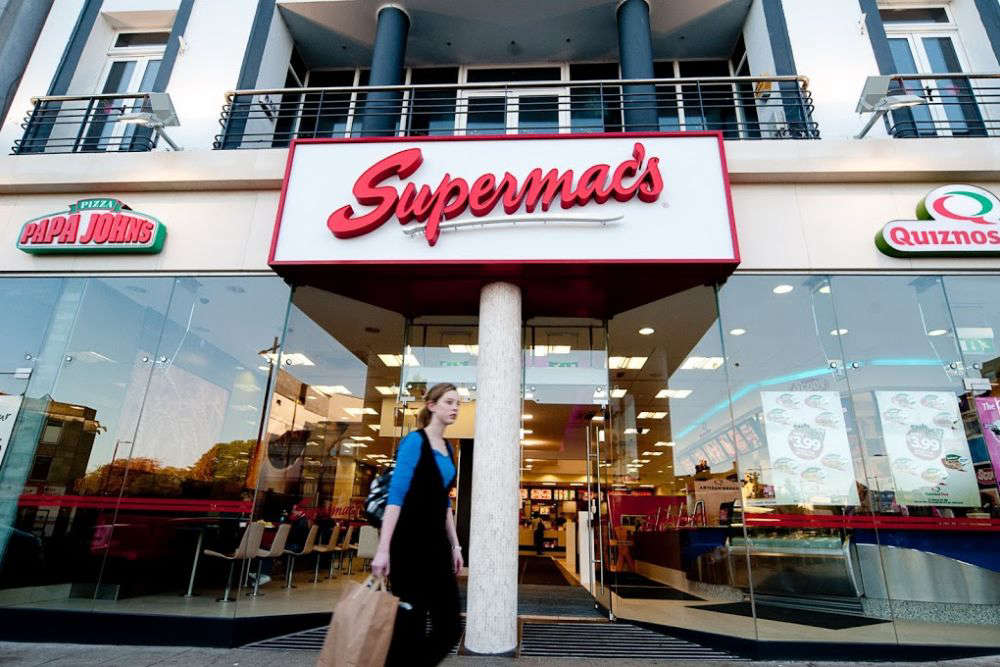 Supermacs Nominated For Multiple Digital Awards
Supermacs Nominated For Multiple Digital Awards
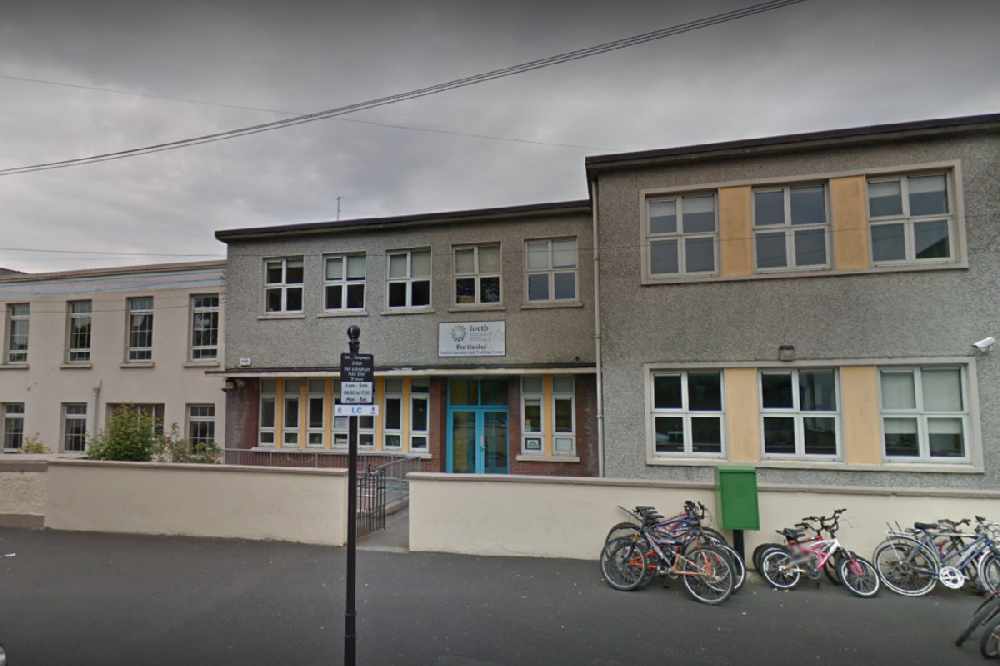 Education Minister Confirms Tender For Major Expansion Of Laois School
Education Minister Confirms Tender For Major Expansion Of Laois School